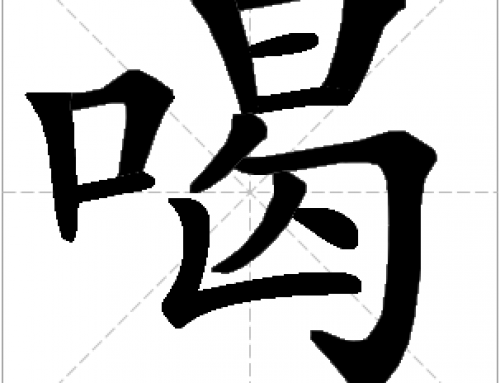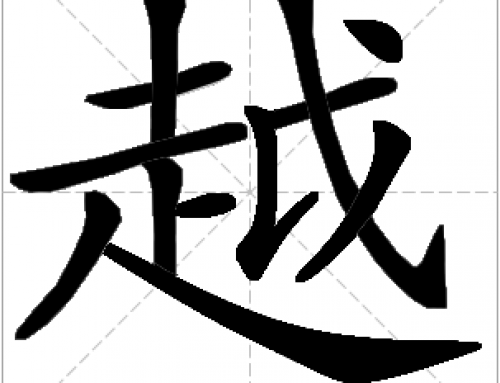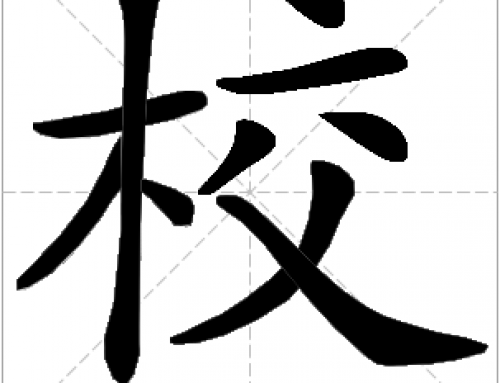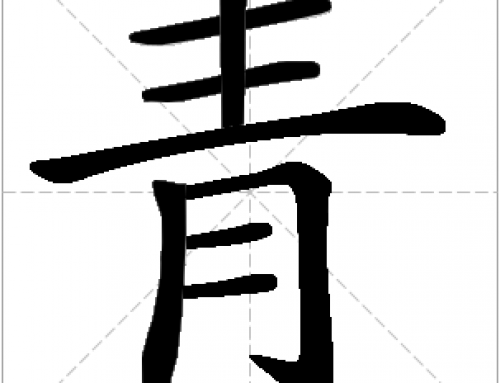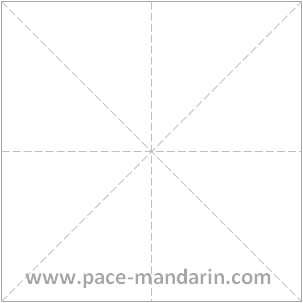
4 strokes
4 画

héng
(horizontal stroke)
- (used before verbs, adjectives, and other adverbs; never before “有 yǒu-have” not; won’t; not want to
- (used before certain nouns to form an adjective) un-; in-
- (used by itself or with a particle in responses) not so; no
- (used between a verb and its complement) cannot
bù-ān
不安
adj.
intranquil; unpeaceful; unstable / uneasy; disturbed; restless / sorry
bú-bì
不必
adv.
need not; do not have to
bú-cuò
不错
adv. / adj.
correct; right / not bad; pretty good
bú-dàn
不但
conj.
snot only
bù-dé-liǎo
不得了
adj.
no way out; no end of trouble / (used after “得 de” as a complement) extremely; exceedingly
bú-duàn
不断
adv.
unceasing; uninterrupted
bú-gù
不顾
in spite of; regardless of
bú-guò
不过
adv. / conj.
(used as an intensified after an adjective) / only; merely; no more than / but; however
bú-jiàn-de
不见得
adv.
not necessarily; not likely
bù-jǐn
不仅
adv.
not the only one / not only
bù-jiǔ
不久
n.
soon after; shortly; after a while; before long
bù-mǎn
不满
adj.
resentful; discontented; dissatisfied
bù-rán
不然
adj. / conj.
not so / (used at the beginning of a sentence to express disagreement) no / or else; otherwise; if not
bù-tóng
不同
adj.
not alike; different; distinct
bú-xìng
不幸
adj. / n.
unfortunate; sad / misfortune; adversity
bù-zú
不足
not enough; insufficient; inadequate / not worth / cannot; should not
bù-chū-suǒ-liào
不出所料
it happens just as expected; not surprising
bú-dào-cháng-chéng-fēi-hǎo-hàn
不到长城非好汉
if you fail to reach the Great Wall you are not a real man; not to stop until one’s aim is attained
bù-gān-bú-jìng
不干不净
unclean; filthy
bù-kān-yì-jī
不堪一击
cannot withstand a single blow; be finished off at one blow
bù-máo-zhī-dì
不毛之地
barren land; desert
bù-sān-bú-sì
不三不四
half-and-half; shady; neither one thing nor the other
bù-shí-tái-jǔ
不识抬举
fail to appreciate sb’s kindness; show to appreciation of a favour from sb.
bú-xiè-yí-gù
不屑一顾
cock a snook at; shrug off; deign to take a glance
bù-yǐ-wéi-rán
不以为然
not to accept as right; take exception to
bù-zhī-bù-jué
不知不觉
unconsciously; unaware
Usage 用法
(used before verbs, adjectives, and other adverbs; never before “有 yǒu-have” not; won’t; not want to
Wǒ jīn-wǎn bù cān-jiā wǎn-huì.
我今晚不参加晚会。
I won’t attend the party tonight.
(used before certain nouns to form an adjective) un-; in-
Bù fǎ xíng-wéi zhōng-jiū huì bèi qǔ-dì de.
不法行为终究会被取缔的。
Unlawful practices will be banned finally.
(used between a verb and its complement) cannot
Zhè-me guì de yī-fu wǒ mǎi bù-qǐ.
这么贵的衣服我买不起。
I cannot afford to buy such expensive clothing.
(used by itself or with a particle in responses) not so; no
Nǐ shì Rì-běn-rén ma? ——Bù, wǒ shì Zhōng-guó-rén.
你是日本人吗?——不,我是中国人。
Are you Japanese? ——No, I’m Chinese.



